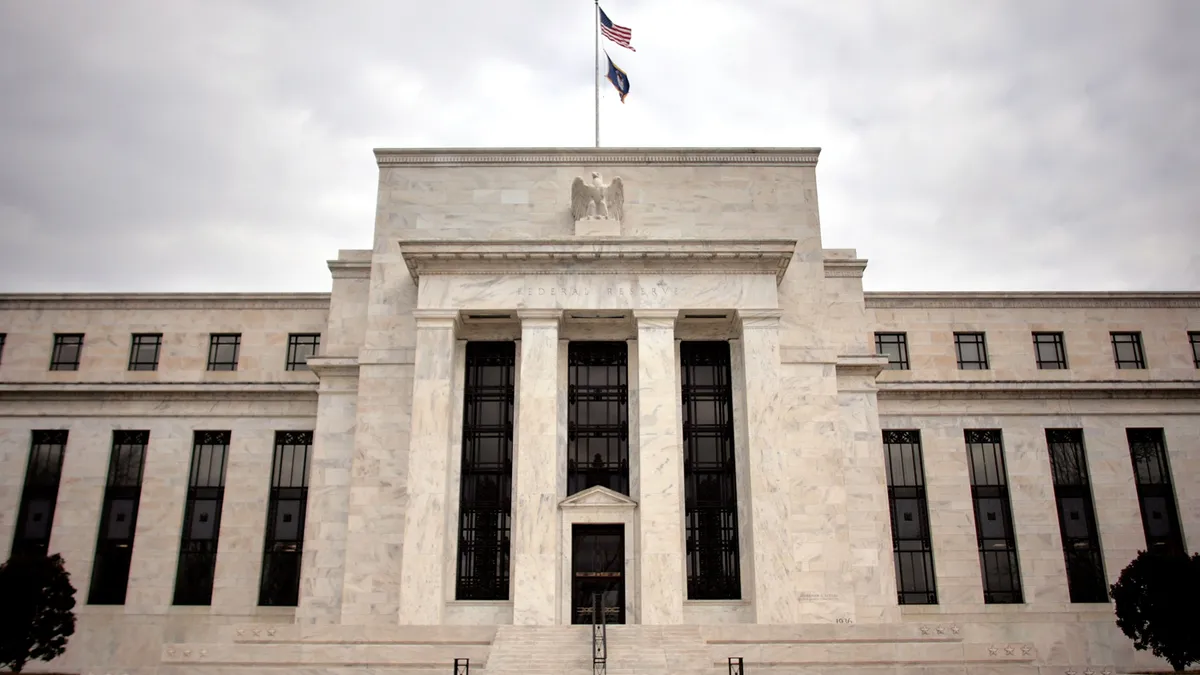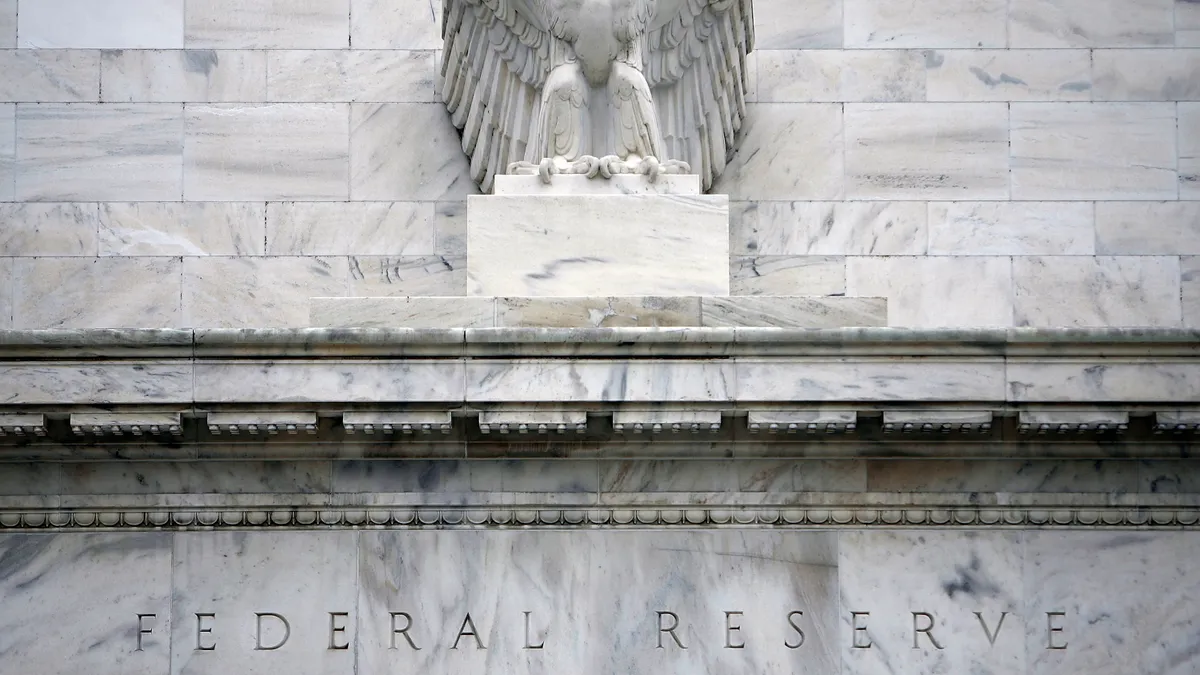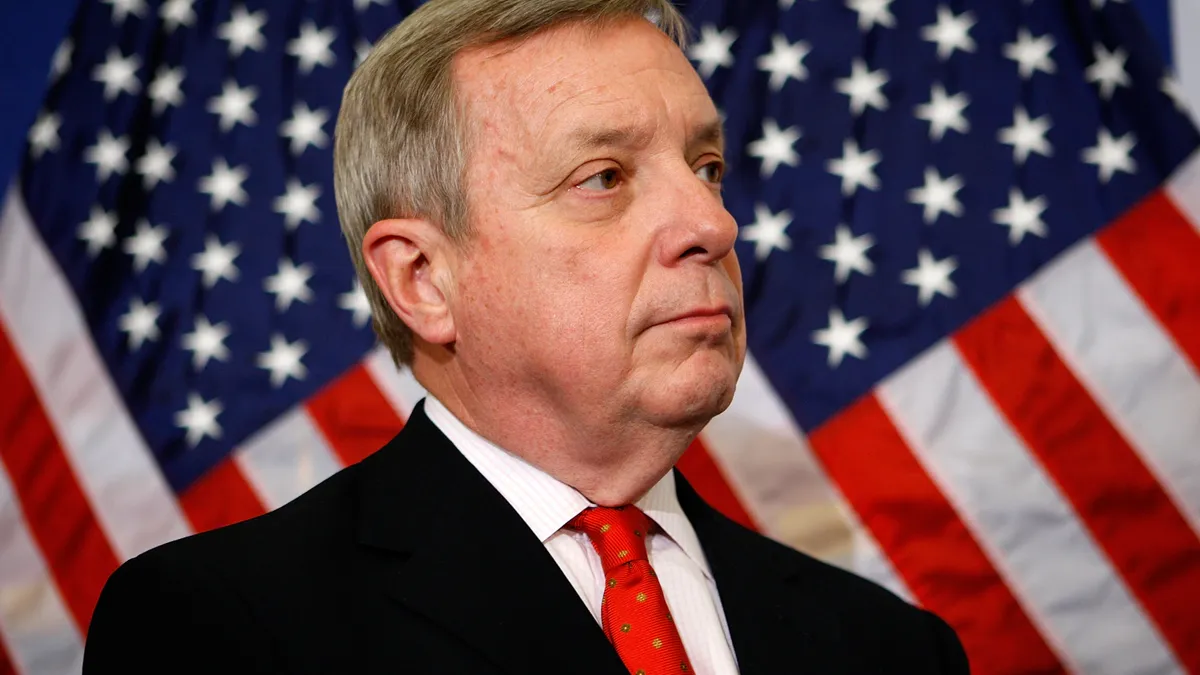Big bank and merchant groups weighed in just before a deadline on Wednesday in response to the Federal Reserve Board’s proposed debit rule clarification, voicing sharply opposing views on the proposal’s support for making multiple processing networks available, particularly for online transactions.
The Fed in May proposed a clarification of its rule that merchants must have the choice of sending debit transactions over two separate networks, saying the network choices weren’t always available despite regulations requiring it. The rule was put in place as a result of the Durbin Amendment to the 2010 Dodd-Frank Wall Street Reform and Consumer Protection Act. In the past few months, competing banks and merchant contingents have filed nearly 700 comments on the proposed change at the Fed.
A pack of six financial industry groups, including the American Bankers Association, the Consumer Bankers Association and the Credit Union National Association, argued in a joint 18-page response Wednesday that the Fed’s proposal is “fatally flawed” and should be withdrawn. The comments, not yet available on the Fed's web site, were provided to PaymentsDive.
“The Proposal would impose many harms not expressly addressed by the Board in its analysis, which greatly outweigh its limited benefits,” the groups said in their Aug. 11 letter. “Publishing the Proposal, without analyzing these issues, is a neglect of responsibility, and, accordingly, the Board should withdraw the Proposal.”
Banks issue the debit cards that are processed over networks operated by card companies, the two biggest of which are Visa and Mastercard. A host of smaller network companies, including Star, Shazam and NYCE, have been trying for years to increase their share of transactions handled, and the merchants argue that the competition provides them with access to lower fees.
Much of the debate between the sides in their letters revolved around whether technology is available for accepting security pins with online debit transactions.
If the Fed decides to go forward, the banking groups said it should alter the rule clarification to specify that banks are only responsible for allowing, not enabling, two unaffiliated networks for processing such transactions.
The Fed should also specify which types of debit transactions are affected by the clarification and allow four years for implementation, the banking groups said.
Essentially, the banking groups argued that consumers, small merchants and small banks would all be harmed by the proposal while large retailers enjoy a “windfall.” They also revived their arguments spelling out the detrimental impact of ever imposing the restrictions on debit transactions.
Merchants back Fed proposal
For their part, the merchants’ groups backed the Fed’s proposal because it would support requirements that at least two unaffiliated networks be available for processing debit cards for any transaction, even those handled online. Their comments were provided in press releases.
The merchant groups — the National Retail Federation and the Merchants Payments Coalition (MPC) — said the Fed’s latest proposal was especially important, given the increase in online commerce spurred by the COVID-19 pandemic, which prompted consumers to do more purchasing from their homes.
Separate comments filed by the federation and coalition spelled out their support for the Fed’s proposal, but also noted areas where it could be strengthened to prevent the card companies from taking advantage of loopholes in the rule.
“The very reason Congress passed the Durbin Amendment is because the U.S. payments market was broken, and the largest banks and card networks are trying to keep it that way, the MPC said in its comments. “It is imperative that the Board move forward and clarify its regulations in order to protect the competition and merchant routing choice that was intended by Congress.”














